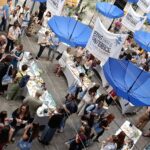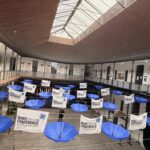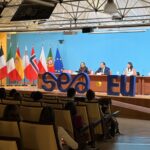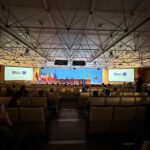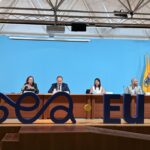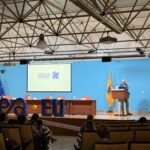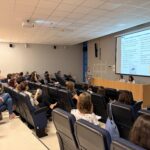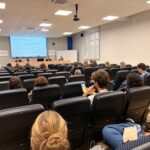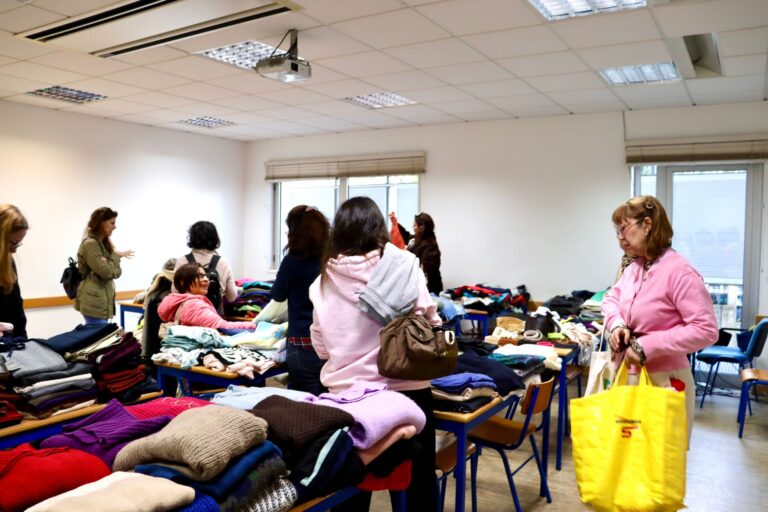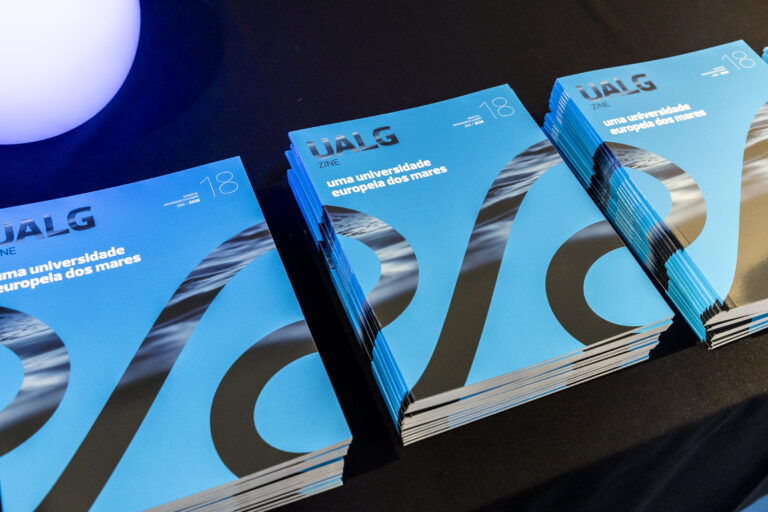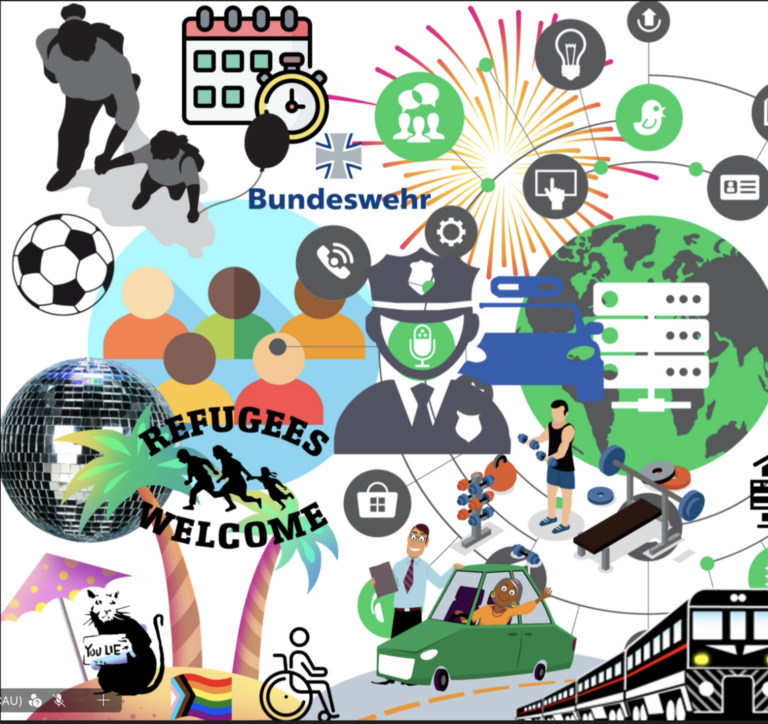From Wednesday to Friday, the University of Cádiz is hosting the second edition of the BEING SEA-EU Conference, which has now become the flagship scientific event of the European University of the Seas. Over three days, the Faculty of Philosophy and Letters and the Constitution 1812 Building are transformed into an international hub for academic exchange, interdisciplinarity and cross-border collaboration.
The opening ceremony was led by the Rector of the University of Cádiz, Prof. Casimiro Mantell, together with Marcela Iglesias, General Coordinator of SEA-EU and Vice-Rector for Internationalisation of UCA; María Jesús Ortega, Vice-Rector for Research and Innovation; and Enrique Durán, Director for Internationalisation at Home. In his address, the Rector highlighted Cádiz’s strategic role within SEA-EU, stating that this conference represents “much more than an academic meeting: it is a declaration of who we are as a European university community, one that sees cooperation not as an accessory, but as a way of building the future.”
This edition brings together over 400 participants, academic staff, researchers, technical teams, students and institutional representatives, from the nine SEA-EU partner universities, along with special guests from the World Maritime University (Sweden) and Odesa I.I. Mechnikov National University (Ukraine). The record level of participation confirms the expansion of the Alliance and the increasing outreach of its scientific community. The conference is one of the official deliverables funded by the European Commission under the European Universities Initiative and will culminate in the publication of a Book of Abstracts gathering all accepted contributions.
A comprehensive and dynamic scientific programme
The programme includes more than 100 oral presentations, 70 posters and 29 scientific video capsules, structured across five thematic fields: science, social sciences, engineering, health, and arts & humanities. Alongside the academic component, BEING SEA-EU integrates a range of spaces designed to foster new partnerships and project ideas, including targeted scientific networking sessions aimed at future European consortia.
One of the highlights of the programme is the plenary session dedicated to SEA-EU Student-Led Projects, showcasing the active role of students in shaping the university of the future. The conference also hosts a training course on COIL (Collaborative Online International Learning), delivered by internationally recognised expert Eva Haug, reflecting the Alliance’s commitment to innovation in teaching and digital cooperation.
The agenda also features cultural and well-being activities, including yoga sessions, health stands offering STI screenings, and local engagement initiatives, as well as key institutional and networking moments such as the official dinner at Castillo de Santa Catalina and boat tours in the Bay of Cádiz, conceived as informal spaces for community-building and international projection.
As highlighted by Marcela Iglesias:
“BEING SEA-EU is the demonstration that our European University moves forward thanks to the real commitment of our communities, who turn cooperation into something tangible and lasting.”
By hosting this second edition, Cádiz reinforces its role as coordinating university of the Alliance and as a driving force behind a more integrated, international and socially engaged European Higher Education ecosystem.
